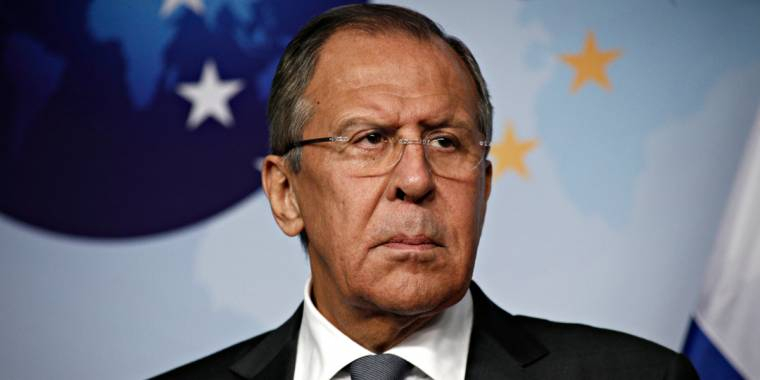Lavrov Raises Concerns.
Others are reading now
Russia’s Foreign Minister Sergey Lavrov has expressed concerns over the increasing stakes in the Ukraine conflict due to Western-supplied long-range weapons.
In an interview with the Russian state news agency Tass, Lavrov highlighted the continued supply of weapons to Ukraine by Western countries, including the United States, which has contributed tens of billions of dollars in security aid over the 22-month war.
This aid includes weaponry intended to help Ukraine fend off Russian advances and reclaim territories.
Also read
Controversial Weapons Supplied
-
Cluster Munitions: The U.S. provided Ukraine with cluster munitions, known as dual-purpose improved conventional munitions (DPICMs), which are effective but controversial due to their long-term danger to civilians. These munitions are banned in over 120 countries, but the U.S., Ukraine, and Russia are not signatories to the Oslo Convention prohibiting their use.
-
Depleted Uranium Shells: The U.S. and the U.K. have sent depleted uranium shells to Ukraine with Western-made tanks. These kinetic rounds, which do not explode but penetrate armor at high speeds, are considered the most potent tank ammunition available.
-
Long-Range Missiles: Britain and France have donated long-range air-launched Storm Shadow and SCALP missiles to Ukraine. These missiles have been used for striking key Russian infrastructure and military assets.
Impact of Western Weapons
The use of these advanced weapons by Ukraine has led to several significant military successes, including strikes on Russian infrastructure in Crimea and the destruction of Russian military equipment.
Lavrov’s comments reflect Russia’s growing concern over the escalating lethality and range of weapons being used in the conflict.
Russia’s Use of Cluster Munitions
Russia has also employed a variety of cluster munitions throughout its invasion of Ukraine, contributing to the escalating severity of the conflict.
The situation underscores the complex dynamics of the ongoing war in Ukraine, where the involvement of Western countries through military aid is significantly influencing the course of the conflict.
Lavrov’s statements highlight Russia’s apprehension about the increasing capabilities of Ukrainian forces due to Western support, raising questions about the future trajectory of the war and the potential for further escalation.


